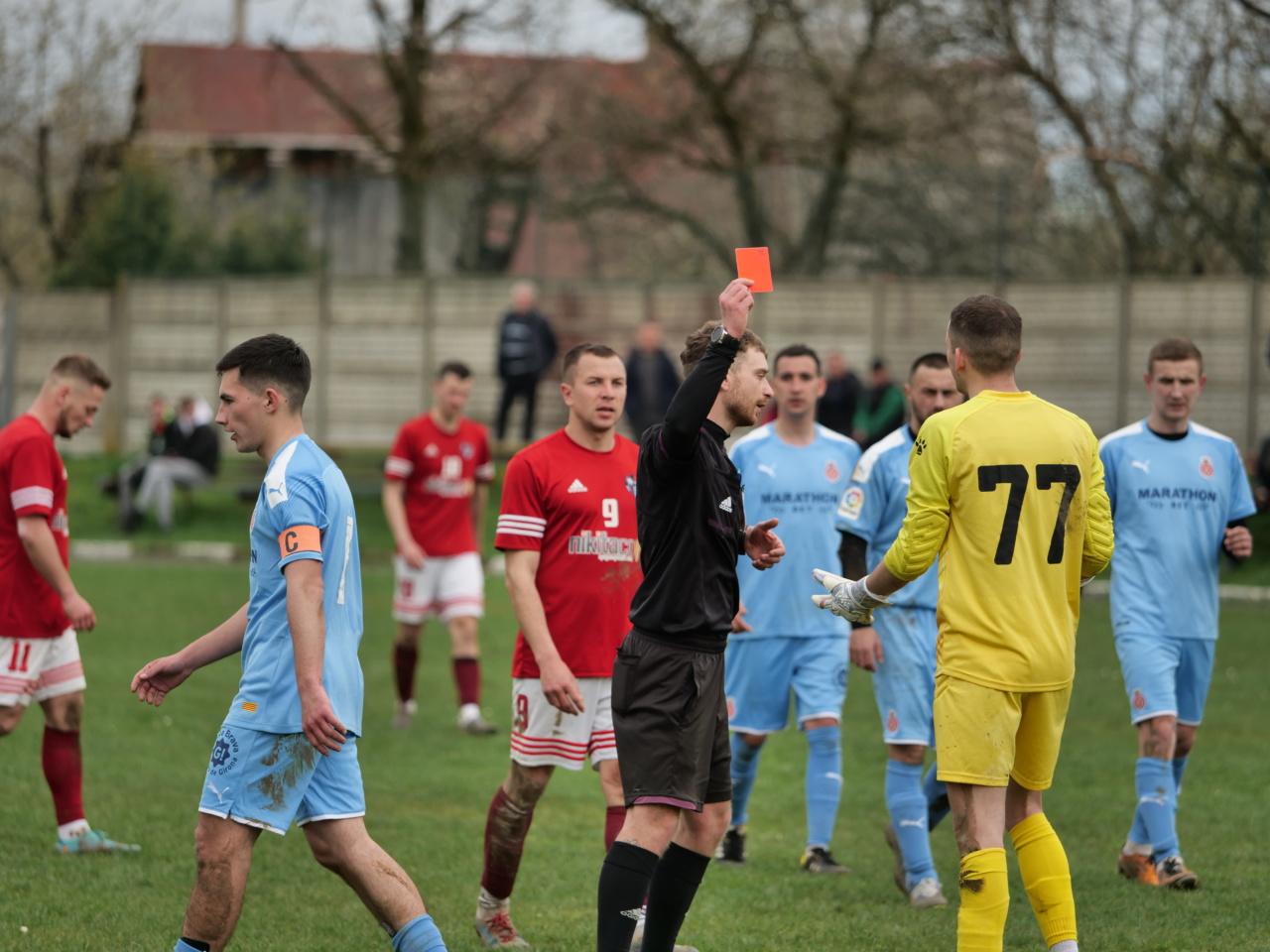When it comes to motivating people, there are two basic approaches: punishment and reward. Punishment is typically seen as a negative approach, while reward is seen as positive.
However, it is often more effective to use punishment to motivate people than it is to use rewards. In this article, we will explore why punishment is more effective than reward.
Punishment is immediate
One of the primary reasons that punishment is more effective than reward is that it is immediate. When someone does something wrong, they can be punished right away.
This helps to reinforce the idea that certain behaviors are not acceptable, and encourages people to change their behavior to avoid punishment in the future.
Reward can be delayed
In contrast, rewards can be delayed. If someone performs well, they may not receive a reward right away. This can make it more difficult to motivate people, as there is no immediate incentive to perform well.
Punishment is more memorable
Another reason that punishment is more effective than reward is that it is more memorable. When someone is punished, it tends to leave a stronger impression on them than a reward does.
This can make it more likely that they will remember not to engage in the behavior that resulted in the punishment in the future.
Reward can lead to entitlement
In addition, rewards can sometimes lead to entitlement. If someone receives a reward for their behavior, they may come to expect that reward every time they perform in that manner.
This can lead to a sense of entitlement, and may actually decrease motivation in the long term.
Punishment can create a sense of urgency
Punishment can also create a sense of urgency. When someone is punished for their behavior, it can motivate them to change that behavior right away.
This can be particularly useful in situations where immediate change is necessary, such as in a safety critical environment.
Reward can be counterproductive
Finally, rewards can sometimes be counterproductive. If someone knows that a reward is available for their behavior, they may only perform that behavior to receive the reward, rather than because it is the right thing to do.
This can lead to a decrease in intrinsic motivation, and may actually result in worse performance over time.
Conclusion
Overall, while both punishment and reward can be effective motivators, punishment is often more effective than reward.
Punishment is immediate, more memorable, can create a sense of urgency, and is less likely to lead to entitlement or be counterproductive. By understanding these differences, we can use punishment more effectively to motivate people and improve performance.






























